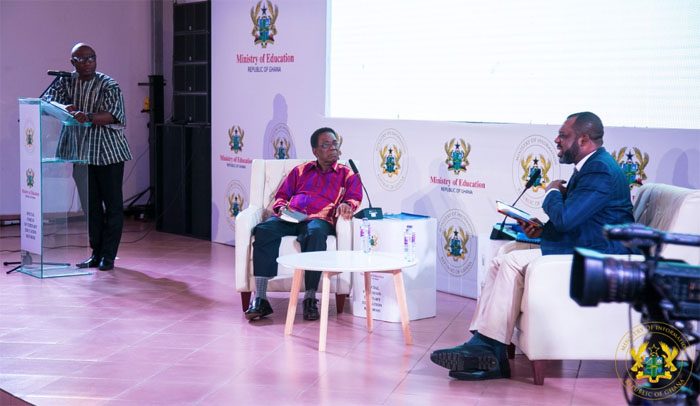Funding for research at public tertiary institutions in Ghana are expected to increase from the present 0.3 percent of Gross Domestic Product (GDP) to at least the African Union (AU) benchmark of one percent.
This is contained in the new Tertiary Education Policy (TEP) document.
Aside the one percent increase, government is also expected to establish a National Research and Innovation Fund to address priority areas of research and development in support of national economic growth and poverty reduction.
According to the 80-pages policy document, “Government shall facilitate the setting-up of centers of excellence in selected universities and disciplines, particularly in STEM.”
It says “the regulator shall identify and designate research intensive universities for special support.”
The policy notes that “research, innovation and training of postgraduates are the hallmarks of mature universities.”
“It is through these that new knowledge is generated and high level
manpower developed.

Ghana lags behind countries such as South Africa, Kenya, Nigeria and Uganda in areas of research and publication and postgraduate training.”
Preparation of the new educational policy began in February 2017 and received Cabinet approval on May 9, 2019.
A draft public university bill is being prepared to support the policy.
This came to light at a forum on tertiary education reforms held on Friday, June 14, 2019, in Accra.

The forum was to sensitize and create awareness about the Tertiary Education Policy and the legislative and institutional reform implications of the Policy.
Policy Structures
The Policy comes under five structures namely: Governance and Management, Equity and Access, Quality and Relevance, Financing, Crosscutting issues.
There have been disagreements between government and authorities at public universities over issues relating to the lack or low level of research funding.
BY Melvin Tarlue


